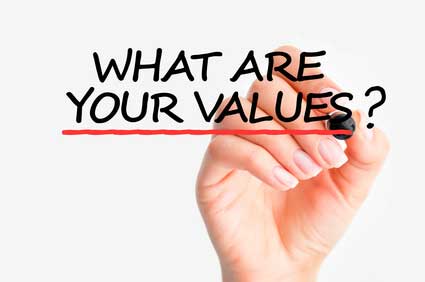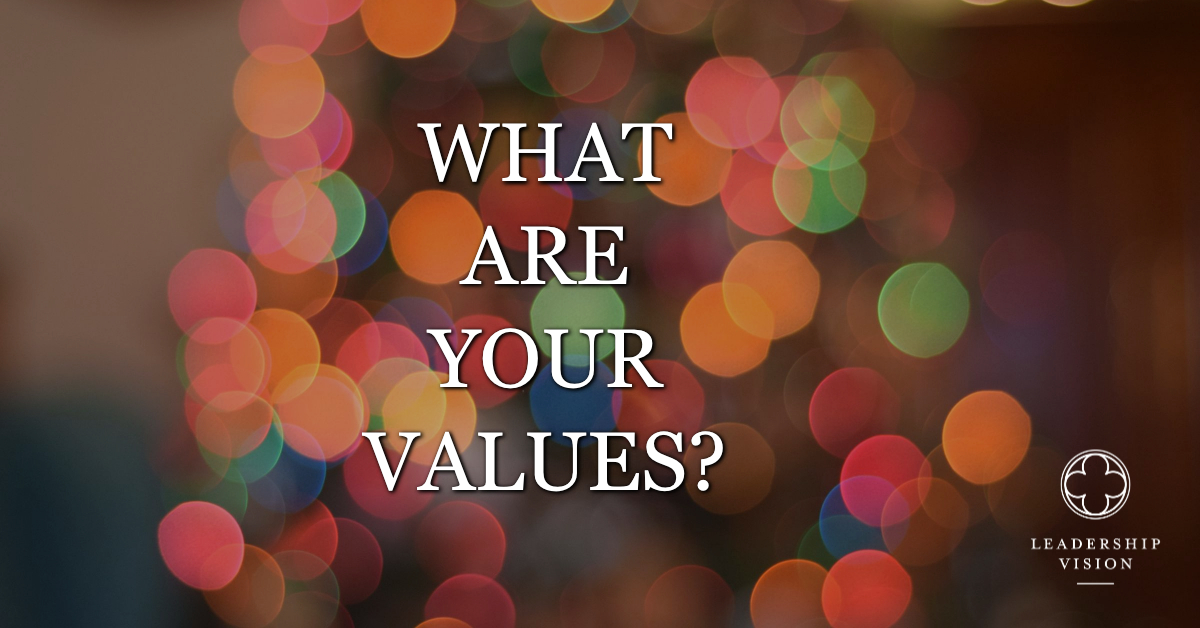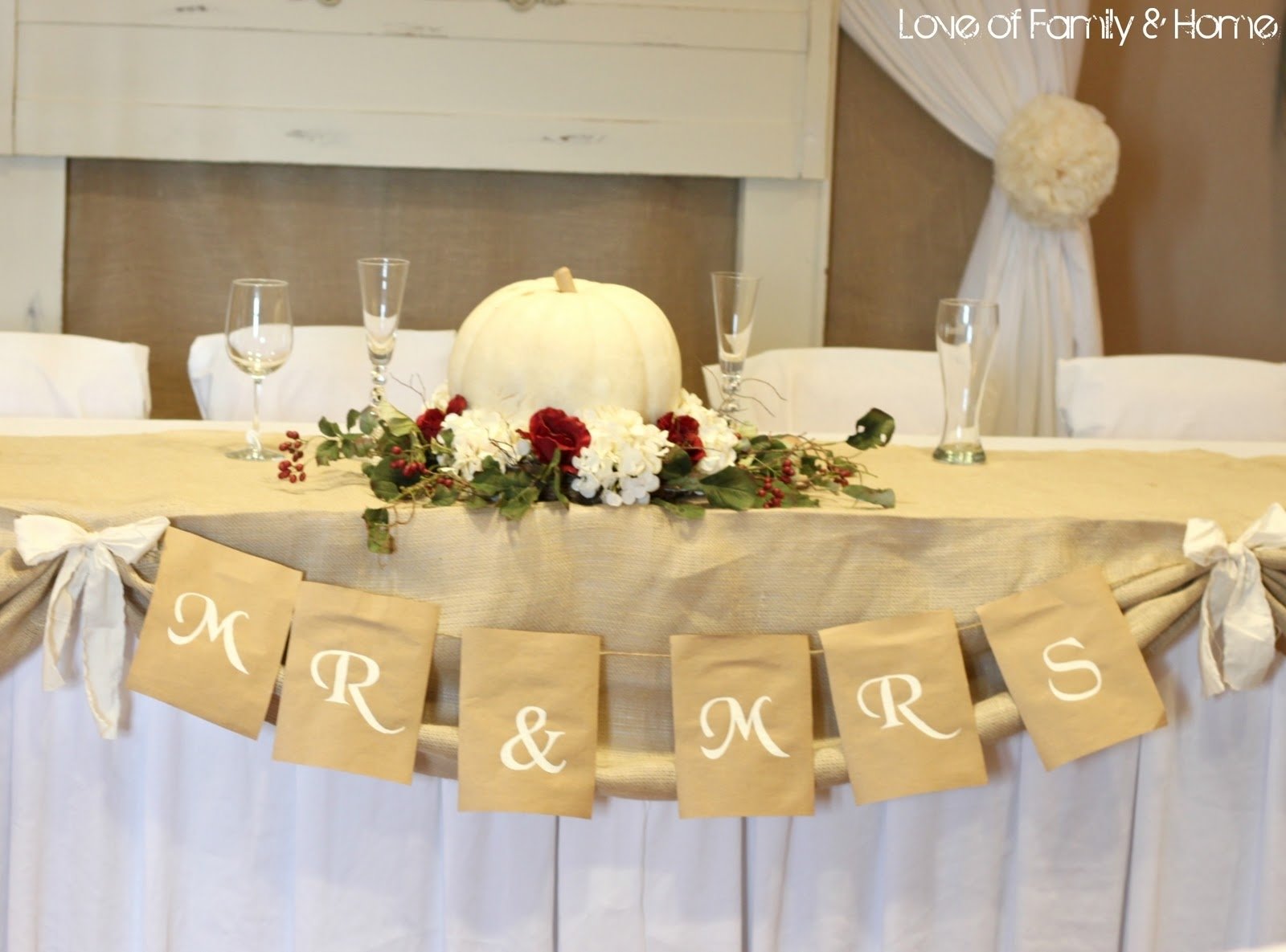Values family core personal value things quotes stand words relationship positive honesty beliefs integrity self compassion relationships typepad terborg work
Table of Contents
Table of Contents
Have you ever stopped to think about where your values come from? Do you know why you prioritize certain things over others, and why you stand up for certain beliefs? The answer to these questions lies in the formation of your personal values. In this post, we’ll explore the topic of Where Did You Learn Your Values and gain a deeper understanding of this concept.
Pain Points
At some point in our lives, we’ve all experienced a clash of values with someone else. Whether it’s a difference in political beliefs, lifestyle choices or religion, these clashes can be uncomfortable and difficult to navigate. This is because our values are deeply ingrained in us, and we often feel like we are compromising a part of ourselves when we disagree with someone else’s values.
The Target of Where Did You Learn Your Values
Where Did You Learn Your Values is a concept that explores the formation of our personal values. It aims to answer the question of where our beliefs and priorities come from, and how they shape our worldview. By understanding where we learned our values, we can gain a deeper understanding of ourselves and better navigate conflicts with others.
Main Points
In summary, Where Did You Learn Your Values is a concept that examines the formation of our personal values. Our values are deeply ingrained in us and shape our worldview. By understanding where our values come from, we can better understand ourselves and navigate conflicts with others.
A Personal Experience
When I was young, my parents instilled in me the values of hard work and determination. They would always tell me stories of their struggles and how they overcame them through sheer perseverance. As a result, I grew up with a strong work ethic and a belief that I could achieve anything I set my mind to. This value has stuck with me throughout my life, and has been a major factor in my personal and professional success.
Family and Culture
Family and culture are two major factors that shape our values. Our parents and caregivers are often the first people who introduce us to values such as honesty, integrity, and kindness. Culture also plays a significant role in the formation of our values. The beliefs and practices of our community, religion or nationality often influence our worldview.
Education
Education is another important factor in the formation of our values. Our teachers and mentors often shape our beliefs and priorities by exposing us to new ideas and ways of thinking. Through education, we acquire knowledge and skills that influence our values and behaviors.
Personal Experiences
Our personal experiences also play a significant role in shaping our values. Events such as illness, loss or trauma can cause us to re-evaluate our beliefs and priorities, and may lead to the formation of new values. In this way, our experiences can shape us and lead to personal growth and development.
Question and Answer
Q. Can our values change over time?
A. Yes, our values can change over time as we gain new experiences and are exposed to different beliefs and ideas. It is natural to re-evaluate our values and priorities as we grow and develop as individuals.
Q. How do we know if our values are serving us well?
A. One way to determine if our values are serving us well is to ask ourselves if they align with our goals and aspirations. If our values are in alignment with our desired outcomes, then they are likely serving us well. However, if our values are causing us stress, conflict or dissatisfaction, then it may be time to re-evaluate them.
Q. Are there universal values that apply to all cultures?
A. While there are certain values that are common to many cultures, such as honesty and respect, the specific values that are prioritized may vary. What is valued in one culture may not be valued in another, and it’s important to be respectful of these differences.
Q. How do we navigate conflicts with others when our values clash?
A. When our values clash with someone else’s, it’s important to approach the situation with empathy and open-mindedness. By seeking to understand the other person’s perspective, we can find common ground and work towards a resolution that respects both parties’ values.
Conclusion of Where Did You Learn Your Values
In summary, our values are deeply ingrained in us and shape our worldview. Where Did You Learn Your Values is a concept that explores the formation of our personal values, and can help us gain a deeper understanding of ourselves and navigate conflicts with others. By examining the influence of family, culture, education and personal experiences, we can gain insight into the origins of our beliefs and priorities, and make conscious choices about the values we want to prioritize in our lives.
Gallery
Know Your Values | Life Coaching Insights

Photo Credit by: bing.com / values life know value team considering insights coaching corporate depositphotos employment issue days question
An-essay-on-value–values.jpg

Photo Credit by: bing.com /
5 Reasons Why You Must Clarify Your Personal Values | John Drury

Photo Credit by: bing.com / clarify
What Do You Value? - All Things
Photo Credit by: bing.com / values family core personal value things quotes stand words relationship positive honesty beliefs integrity self compassion relationships typepad terborg work
What Are YOUR Values?

Photo Credit by: bing.com / values






